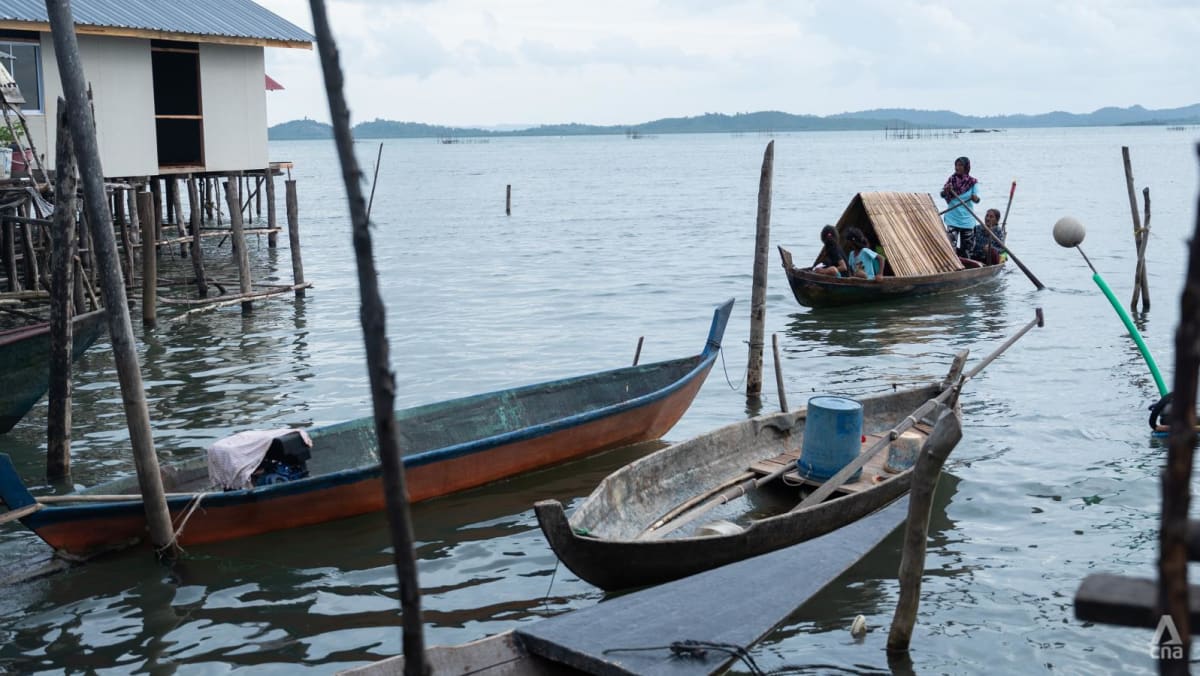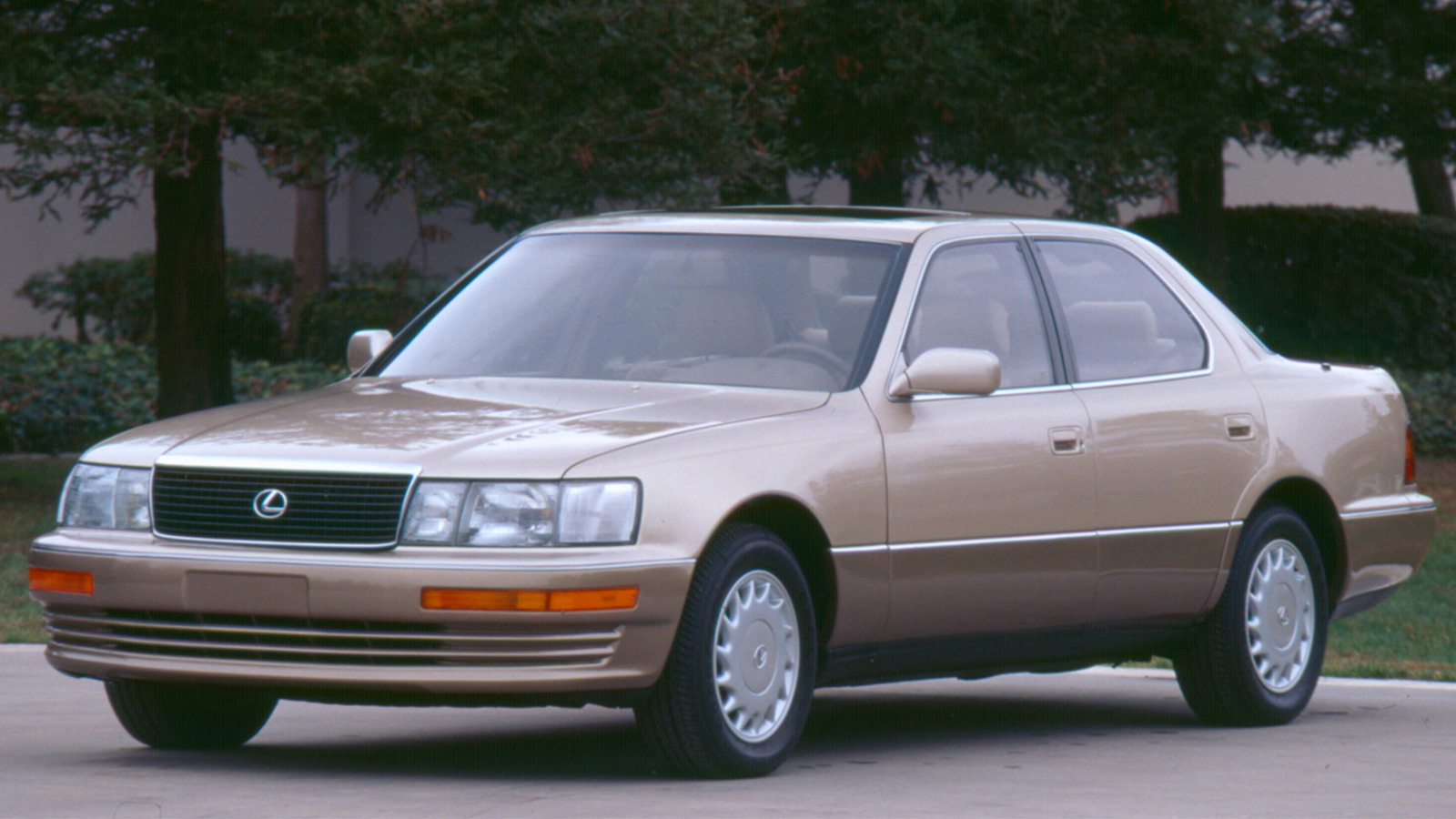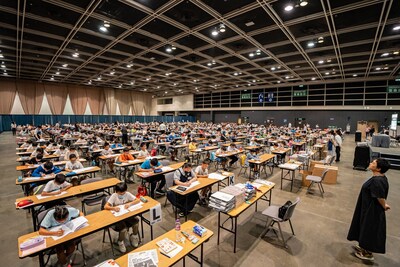Mr Hasan confirmed this. Years ago, it was common for Orang Laut to haul in tens of kilograms of squid after one night of fishing.
“But now, it is hard to get that same amount. We can only get three or four kilos (of squid) a night,” he said. “The same with fish. Before, we could catch five or even six red groupers. But now, only one and at times, not at all.”
FORCED TO SETTLE DOWN
Mr Leo Putra, chief of the Batam Social Affairs and Community Empowerment Agency said to mitigate the effects of climate change, his office is providing Orang Laut with outboard motors so they can sail faster and fish further.
The government is also providing training for the nomads to start their own fish farms and handing out sewing machines so the women can supplement their families’ income by becoming tailors.
In return, the office requested Orang Laut to give up their nomadic lifestyle. “If they move around so much, it will be difficult for us to help them,” Mr Leo told CNA.
The government has been trying to get the group to settle in a particular island or coastal area since the 1990s, under the notion that their nomadic way of life is backwards and primitive.
“Their children didn’t go to school. They had no identity cards. They had no religion. So we gave them houses, we built schools for their children and sent preachers and missionaries to convert them,” the agency chief said.
The programme was successful in getting virtually all Orang Laut in and around Batam to live on stilt houses in around 40 locations around the city. Unlike their parents, children know how to read and write while the adults have access to healthcare and social assistance schemes.
But it also caused a dramatic shift in their culture and tradition.
In Batam, there are several Orang Laut communities which have become completely sedentary. In these communities, their traditional rowboats – the only thing that separates them from ordinary fishermen – exist only in the memories of ageing men and women.
For those who still practise semi-nomadic lives, they build only small “child” rowboats and not the big and bulky “mother” boats that their parents used to have.
“Smaller boats are more manoeuvrable and we don’t need boats which can fit a whole family like before,” said Madam Sarina, 55. She added that nowadays in her community on the western coast of Batam, only the men embark on months-long sea journeys while the women and children stay behind.







